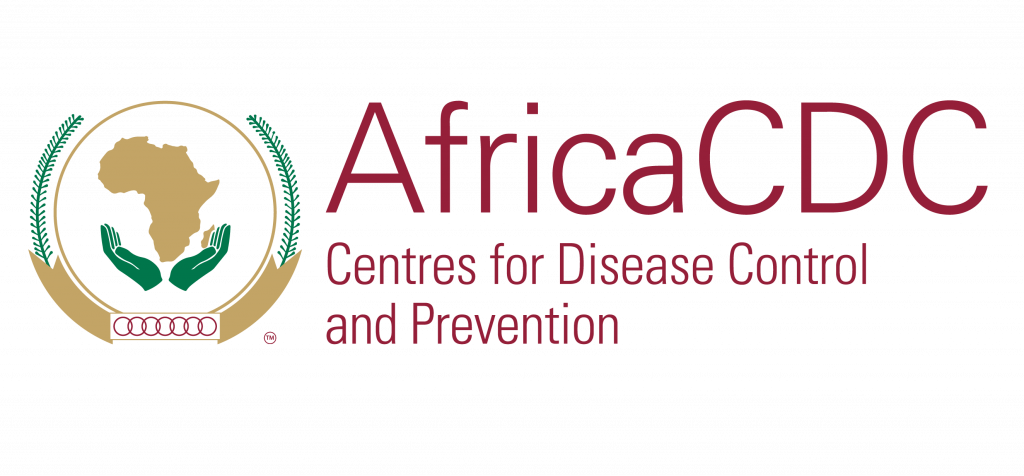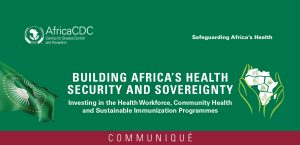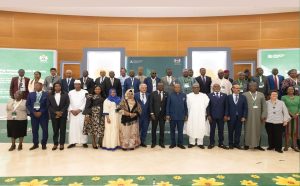Africa CDC notes with disappointment that Moderna has put its plans to establish vaccine manufacturing in Kenya on hold. While we acknowledge that the need and demand for COVID-19 vaccines has indeed decreased significantly, both in Africa and globally, it is important that we reflect on the nuances of this.
The Africa CDC recalls the considerable efforts of Africa to timely access vaccines as Member States of the Union considered vaccines as the most effective means in the pandemic response. Through its Heads of States and Government, the AU and Africa CDC called for equitable and timely access to and receipt of vaccines. A call which in many instances went unanswered by the international community and industry.
Its public evidence that Covid-19 vaccines were delivered late to Africa, long after vaccines were made available to the developed world. Such actions significantly contributed to lower the demand for vaccines once these eventually were made available for Africa. We must also acknowledge that this late availability of vaccines to Africa, significantly affected the course of the pandemic, as well as the uptake and demand for vaccines.
With the view to mobilise funds and find a responsive solution, African Union established the AU Covid-19 response fund and launched the African Vaccine Acquisition Trust (AVAT) with the African Export and Import Bank (Afrexim Bank). AVAT acquired 400 million vaccines from manufacturers other than Moderna, simply because Moderna vaccines were not made available, despite attempts to buy. In fact, less than 5% of the covid-19 vaccines administered in Africa, were from Moderna. Despite these African efforts, Covid-19 vaccines were still delivered late to Africa, long after vaccines were made available to the developed world.
Through its consortium for Covid-19 Vaccine Clinical Trials (CONCVACT) Africa CDC also played a coordination role in facilitating the start and successful completion of clinical trials during the pandemic, strengthening enablers of high-quality vaccines clinical trials on the continent, and in accelerating post-trial vaccines regulatory approval.
Therefore, to blame Africa and Africa CDC for lack of demand for covid-19 vaccines and therefore the reason to put on hold plans to manufacture vaccines in Africa, only serves to perpetuate the inequity that characterized the response to the Covid–19 pandemic. While other vaccine manufacturers are progressing with their plans and construction in Africa, Moderna is abandoning a commitment to build highly needed and relevant vaccine manufacturing capabilities in Africa, in truth, demonstrating that Moderna’s commitment is in fact not to vaccine equity and access to vaccines, through building manufacturing in Africa.
Africa CDC, as mandated by Heads of State of African governments, will continue to advocate, and support the establishment of a strong local vaccine manufacturing ecosystem, which supports research and development, and local manufactures’ capacity to serve the African Union continental vision of producing 60% of vaccines, therapeutics, and other medical products by 2040. Nevertheless, Africa CDC acknowledge that building vaccine manufacturing infrastructure and capabilities, is complex, takes a long time, and requires significant investment. That is why we, through our Partnership for African Vaccine manufacturing (PAVM), now renamed PHAHM – Platform for Harmonized African Health Products Manufacturing, will continue to work towards building and strengthening African manufacturing, with our member states, international finance institutions, regulators, and partners, including vaccine manufacturers. This forms part of our comprehensive and African approach to pandemic preparedness and prevention, and we encourage Moderna, as an experienced vaccine manufacturer, to contribute to, and support, Africa’s ambitious goal of a secure and safe Africa on public health security for the betterment of African health security and beyond.







